Tales from the Invincibles
GAEL CLICHY
The Frenchman set the record for the youngest-ever Premier League champion, when he collected his winner’s medal – aged just 18 – at the end of the 2003/04 season.
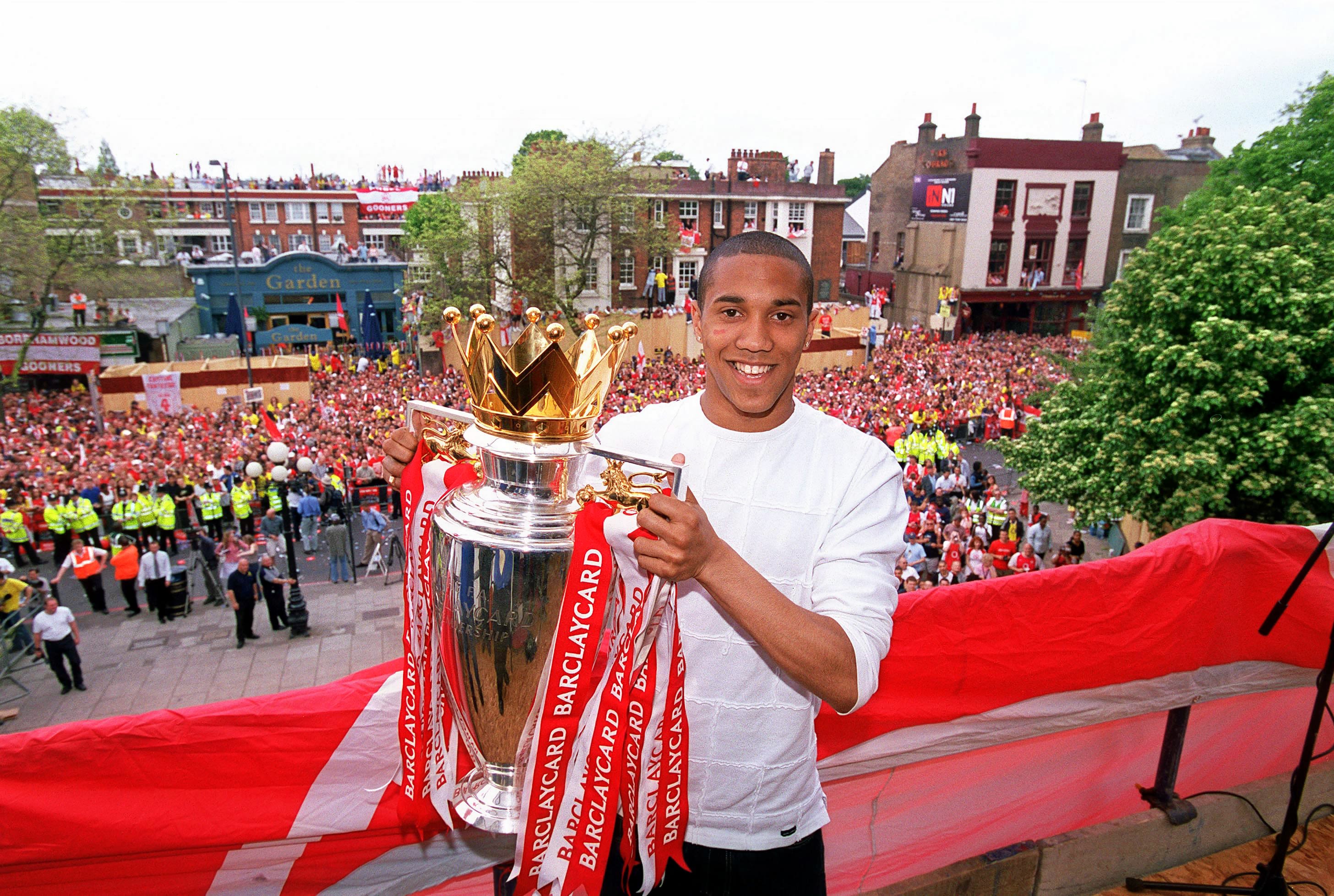
It had been a whirlwind year for the young left-back, who had arrived as a virtual unknown from the third tier of French football in August 2003.
Demonstrating a superb attitude, as well as excellent technique and pace to burn, the teenager soon earned his place in the side, and showed his versatility too by also impressing in midfield.
He made 22 appearances during his debut season – including 12 in the league – notably featuring against Chelsea and Manchester United as well as Celta Vigo in the Champions League. He went on to make more than 250 appearances, before leaving for Manchester City in 2011, where he collected two more league titles.
Now assistant coach to Thierry Henry for France under-21s, we caught up with Gael recently to reflect upon a magical first season at the club.
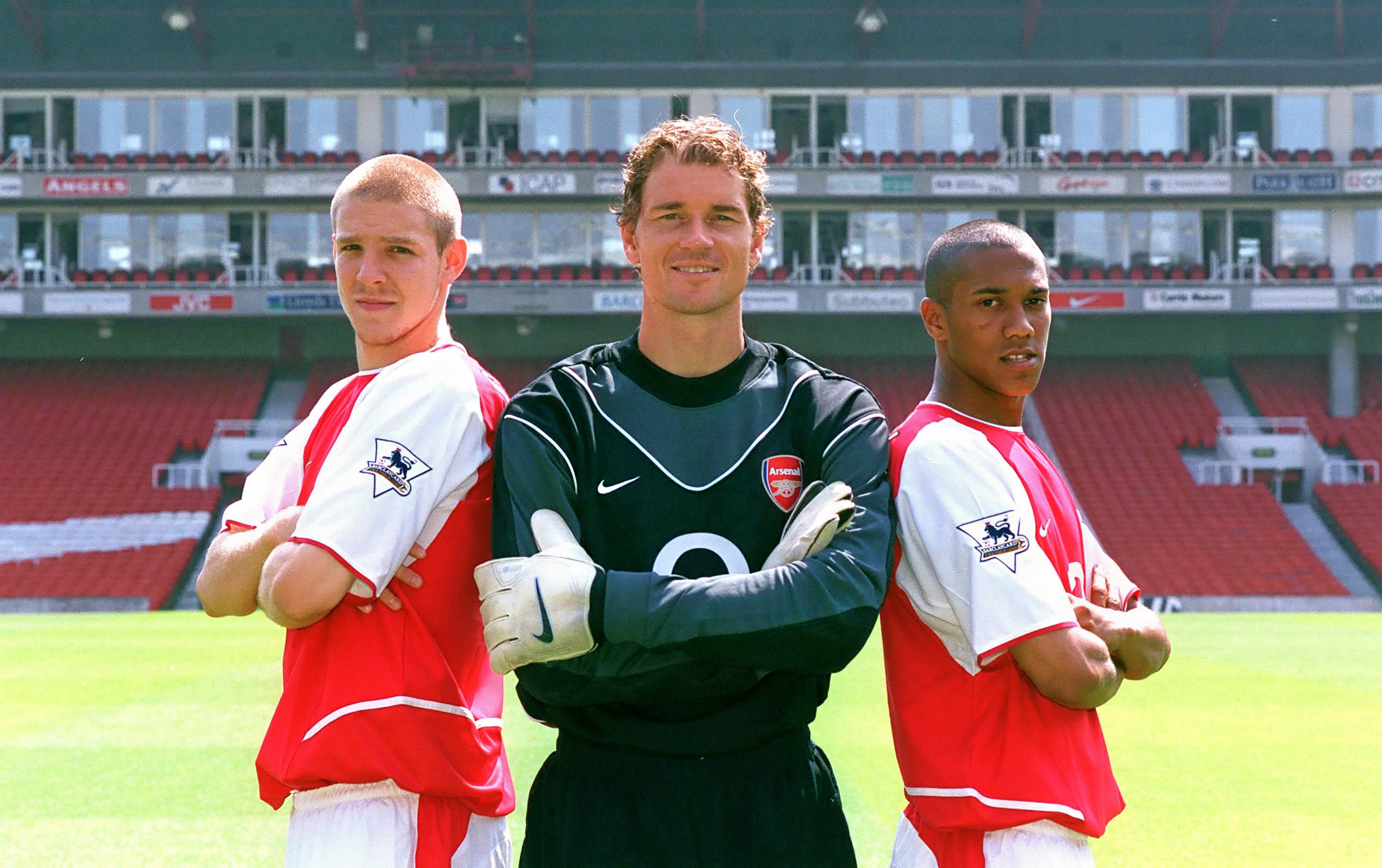
What were your expectations for your first season when you arrived in the summer of 2003?
I had none at all! If I’m being honest, when I look back on that season now, I never really understood what was happening at the time. I’d just arrived from the third division in France, and now I was with all these big players at this amazing club.
The only question I asked Arsène when I joined was about the players who were in front of me – Ashley Cole and Gio van Bronckhorst. I remember saying “It all sounds great, but I don’t see myself getting many minutes.”
Of course I was already convinced about joining Arsenal, but in my head I thought I would move up a division, then eventually go to a top division team in France. But here was Arsène standing in front of me in Cannes, telling me he wanted me to join.
He said “I don’t have anything to prove to you that you will play, but you will have to take my word for it. If you train and perform with your abilities the way we think you can, when Ashley is available, you will play.”
Then a couple of weeks after I joined, van Bronckhorst went on loan to Barcelona and at that moment I realised who Arsène Wenger was and his honesty. Then it was down to me to work the way I needed to.
But at that stage, back at the beginning, I wasn’t aware of what would happen. It was only when I was standing at Highbury at the end of the season, with that trophy, that I realised you could write your name into history – until then I was just daydreaming really, and trying to learn English!
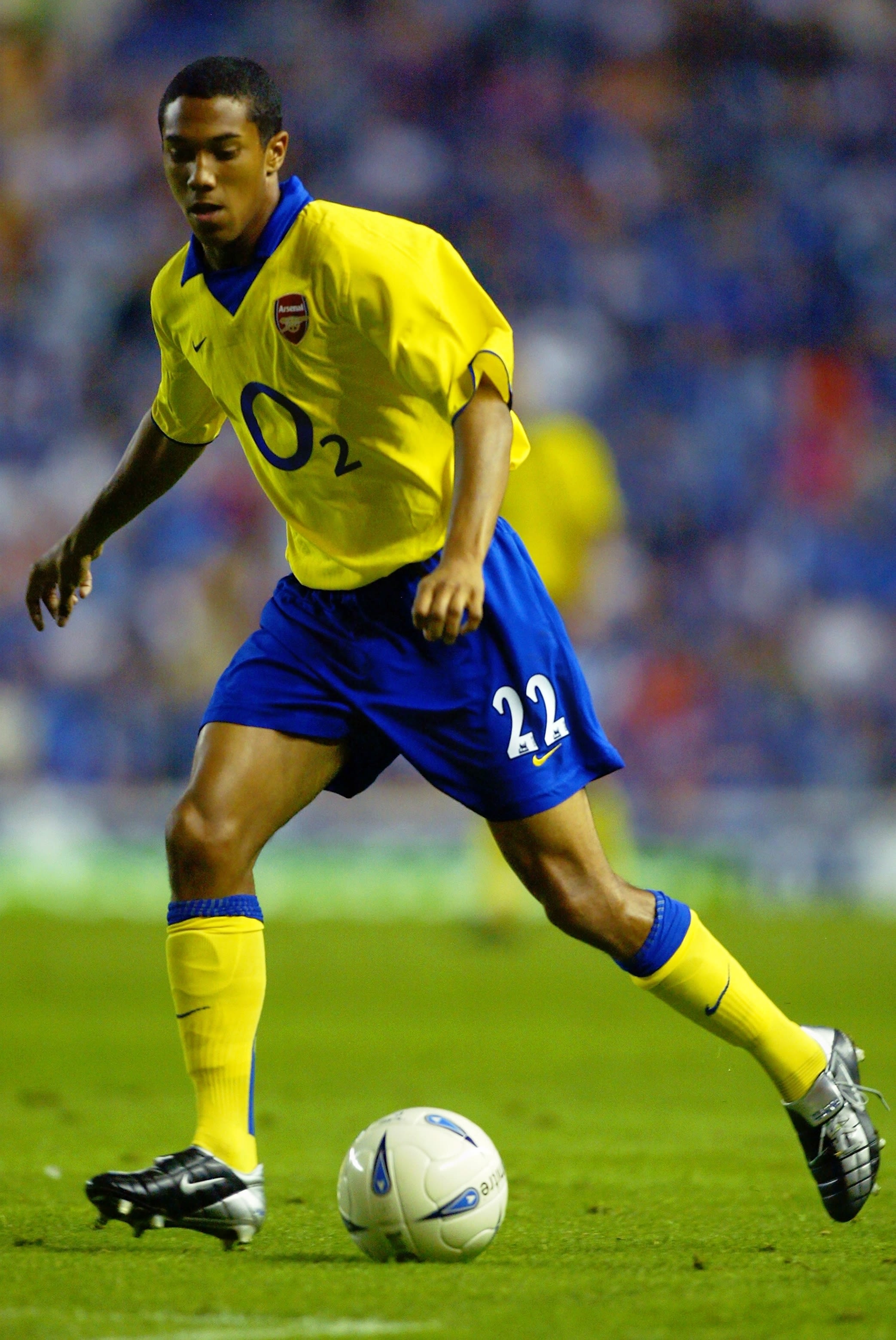
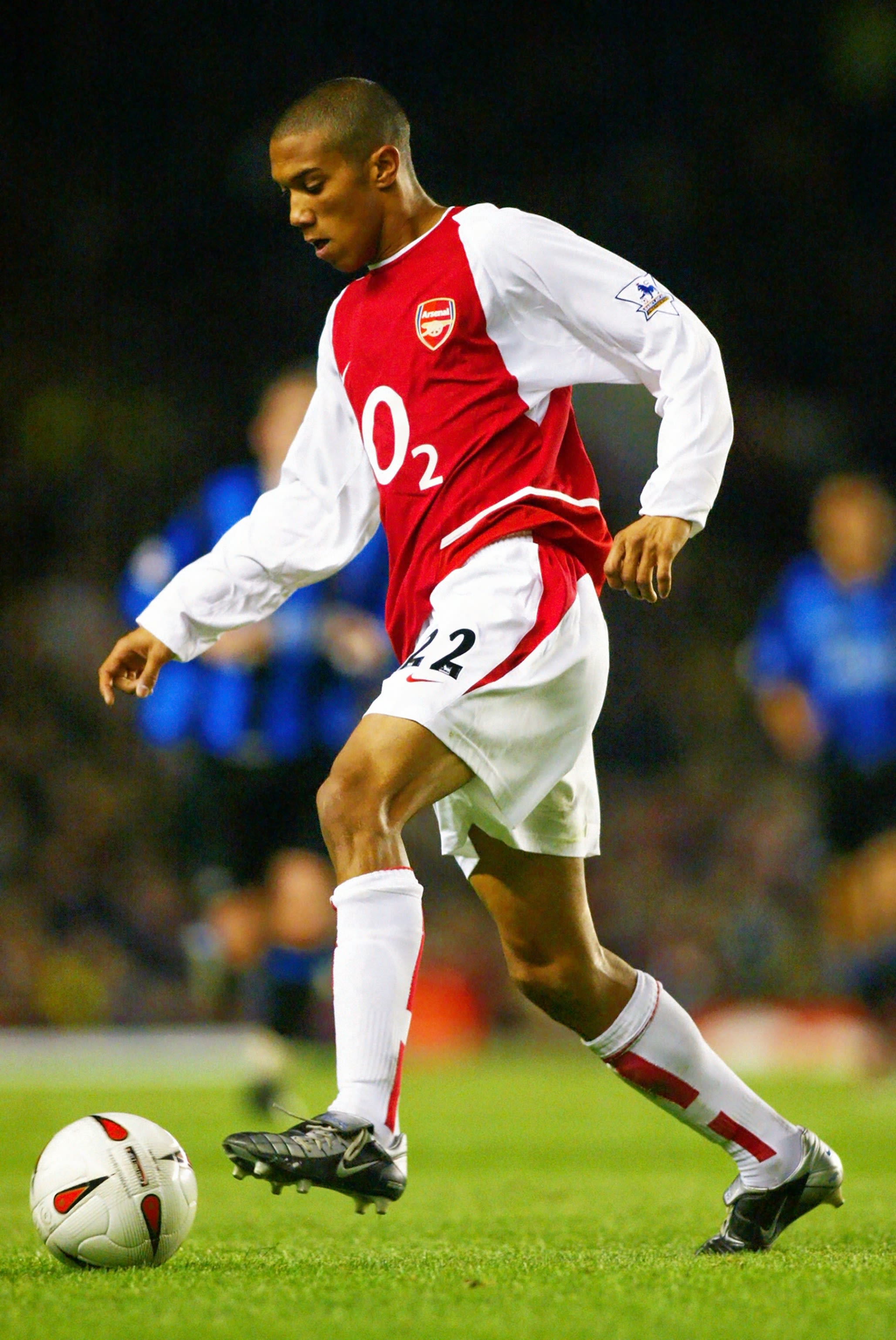
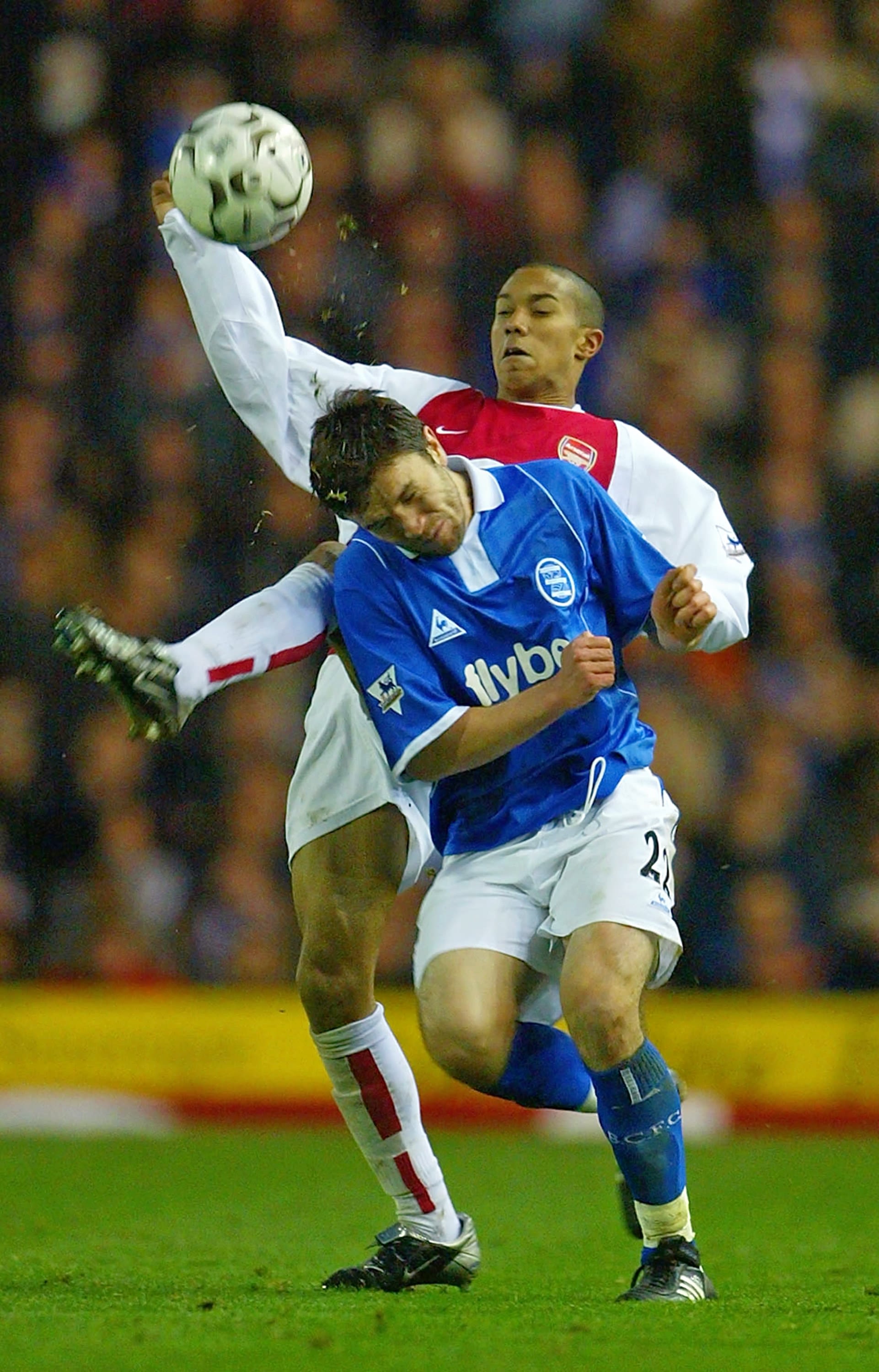
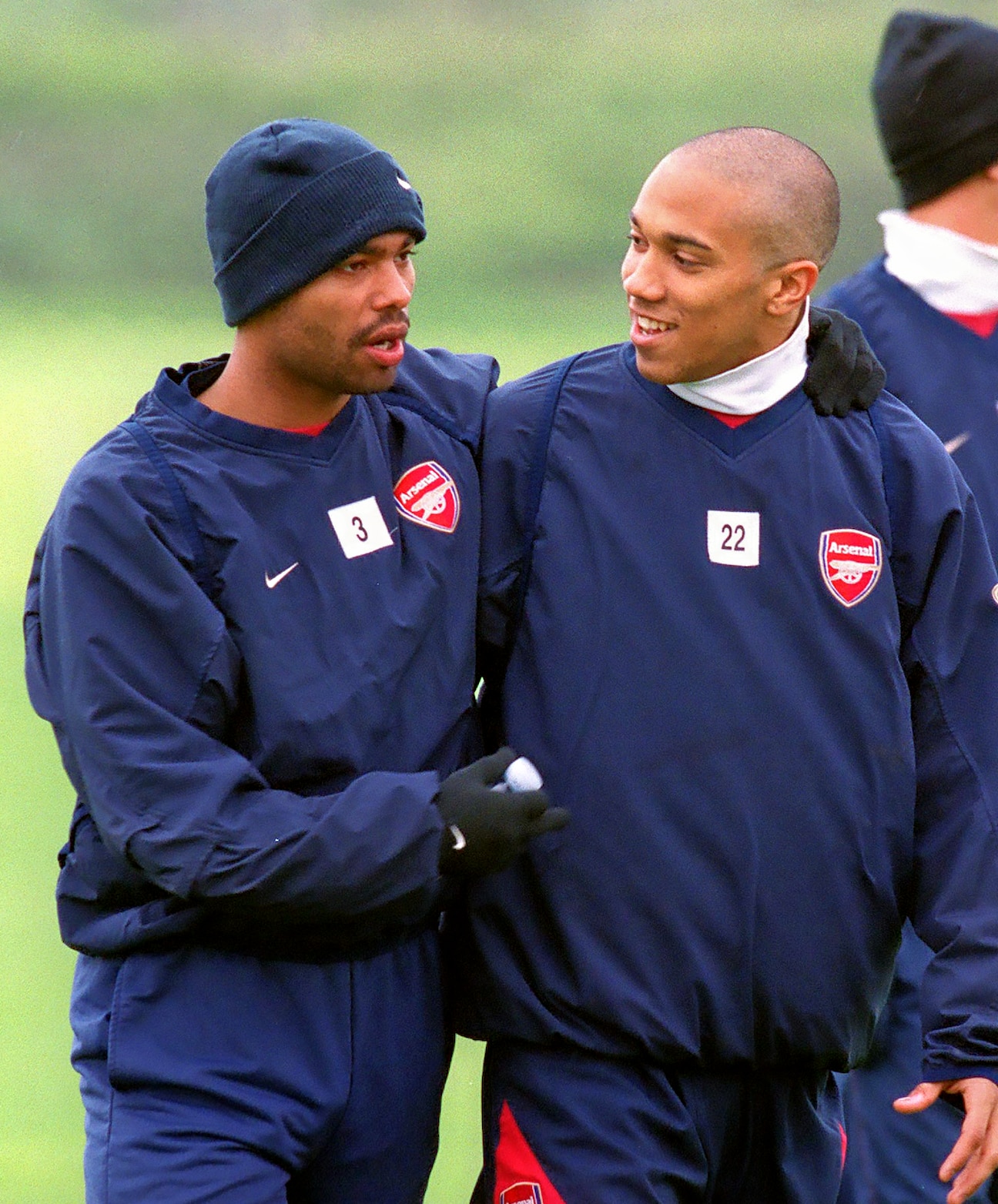
Your league debut came against Birmingham in late November, when you started in front of Ashley Cole in a midfield role. Did you feel ready for the Premier League by then?
I knew if the boss thought I was ready, then I was ready! But it’s like your first time doing anything – playing for the national team, taking your first driving lesson, having your first baby – it’s the same feeling. Now when I look back at being part of that starting XI, I am grateful for how lucky I was to be on that teamsheet with probably eight or nine of the best players in their position in Europe.
At that age, you don’t have expectation, and that’s the beauty of it. I remember the boss telling me he just wanted me to give my all, and that I had people around me who would make sure I will perform at a certain level, so just enjoy it. And now that I’m a coach myself, I realise they are the best words you can say to a young player. We won the game too, so that’s even better, but I will always remember how privileged I was to be there.
What was it like training and competing for a starting place with Cole?
Every week I was taking English lessons because I wanted to be close to everyone in the dressing room, not just the French players, and obviously Ashley was somebody I wanted to get to know because nobody could match his ability as a player. His attitude was always about giving his best, he had respect and he trained with a smile on his face.
He was always 8/10 every game – that’s a hell of a mentor and he was always available for me. I was very lucky to arrive in that dressing room, because there were no bad eggs in there. I always say I’ve been lucky not because of the career I had, but because of the moment I arrived. No player in that dressing room had a bad character, and as a young player you pick up how important that is.
We all knew who the leaders were, and they never had to reaffirm that, and as a young player you could not hope for a better post-academy environment. Ashley was one of those guys, and no ‘perhaps’, he was the best left-back in the world. So Arsenal was the best club for me at that time, but you also need to have the right attitude to want to live alongside those players. I was like a sponge, trying to take the best bits of all the other players. I could be here all day telling you about what I learnt in those years at Arsenal.
“I was like a sponge. I could be here all day telling you about what I learnt in those years at Arsenal”
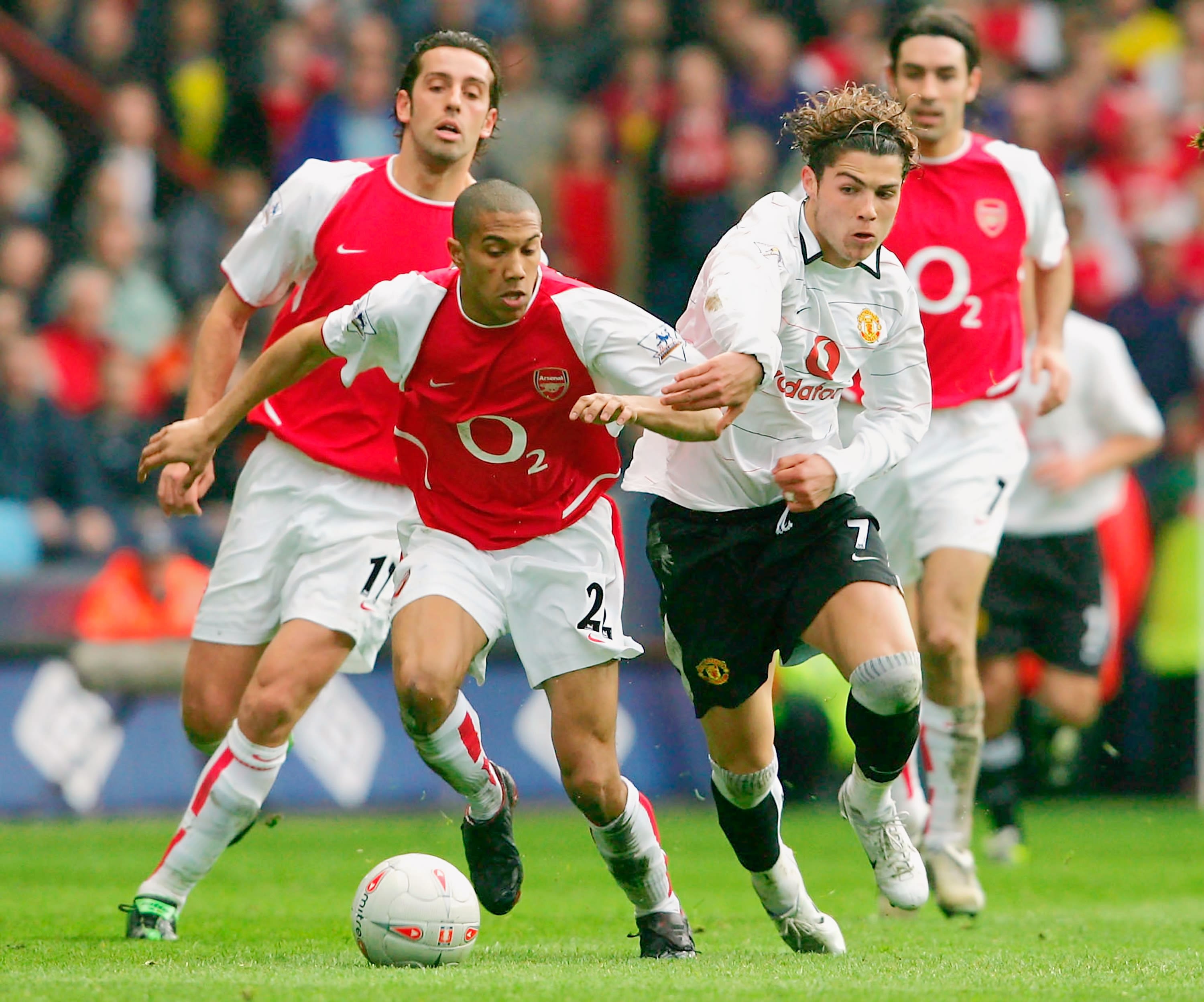
When you arrived, how much did it help you to have other French players at the club?
One of my main strengths is that I can live on my own. I went from Cannes to a place where already I knew I was privileged: Arsenal. London. Arsène Wenger. All those French players who were the best in the world. It would have been silly for me to not be happy.
Obviously there were difficult moments, because I was living on my own and had to learn how to cook and things like that, and during that time I would say Jeremie Aliadiere helped me a lot. We were close in age and we spent a lot of time together. I am still in touch with him a lot 20 years later. But I must say I love what I do so much, that you could have taken me anywhere in the world, and no matter how tough it was, I would have been driven to succeed.
It’s not enough to just arrive and for the others to accept you. You need to do more than that to show them that you can bring something to the team. These guys were winners, and knew how important every point was, and I had to show that I understood that too. After a few months of training with them, I think they realised that I had some potential.
You played nine matches in a row in December, what was that period like?
Well the beauty of that time was that we didn’t have social media, so the only thing that could make you go crazy or believe the hype was if you read the newspapers, and I never did. So for me it was just playing the game. I could feel the players were happy to have me in the squad, and that was it. But now as soon as the game is done, young players are on their phone, seeing the comments and you start to believe the hype and it can affect the rest of your week.
Every day in training at Colney, I wanted to put the doubt in the manager’s head about whether to play me or Ashley. Obviously that’s crazy, because if Ash was fit I would never play, but that was my attitude. So when I played those games, nothing changed. I do remember something though, a couple of days after the Chelsea game. I trained in the morning as usual, and I was heading back to get changed, but Pat – who used to work at the training ground – said "Gael I think you are meant to stay here". I told him I was done for the day, but he said Steve Bould wanted to speak to me.
He told me I had to train in the afternoon with the reserves, and I thought it was weird, as I had just played against Chelsea, got man of the match, so why send me there? I realised it was because of how I was behaving after that game, so the coaches thought: "I tell you what, go and train some more."
So at that time, I knew I had to get back to what I was doing before. I must have made a small change to how I was behaving. I think if you don’t realise that, you can be frustrated or react badly to training with the reserves, but that was never the case for me.
One time in training we did attack v defence and Steve Bould put three players on me. I could hear Bouldy shouting at me: “Defend better! Stand up! Don’t be beaten!” I was thinking “Wow! What does he want from me!?” But now I look back and understand it all, it was what I needed.
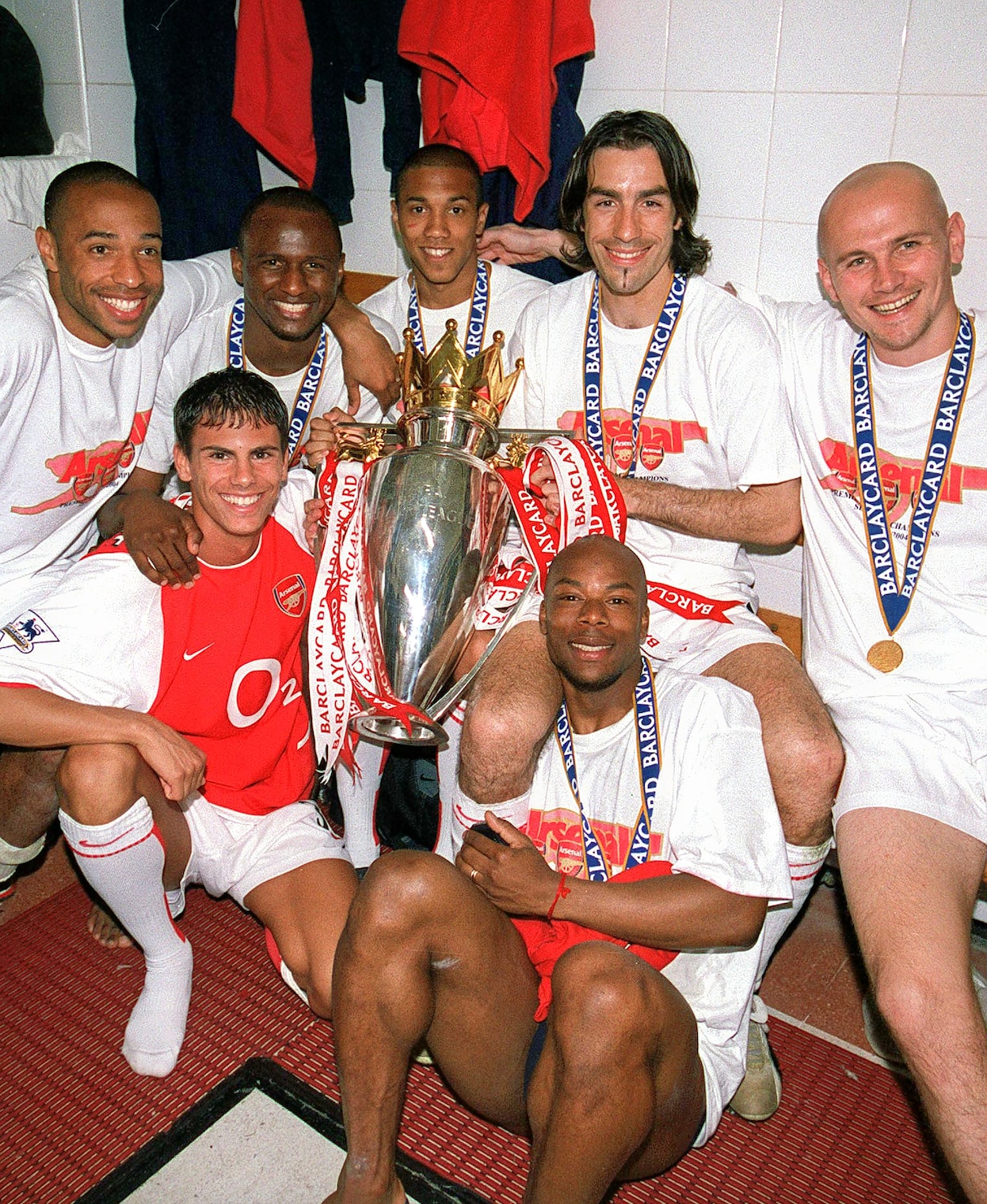
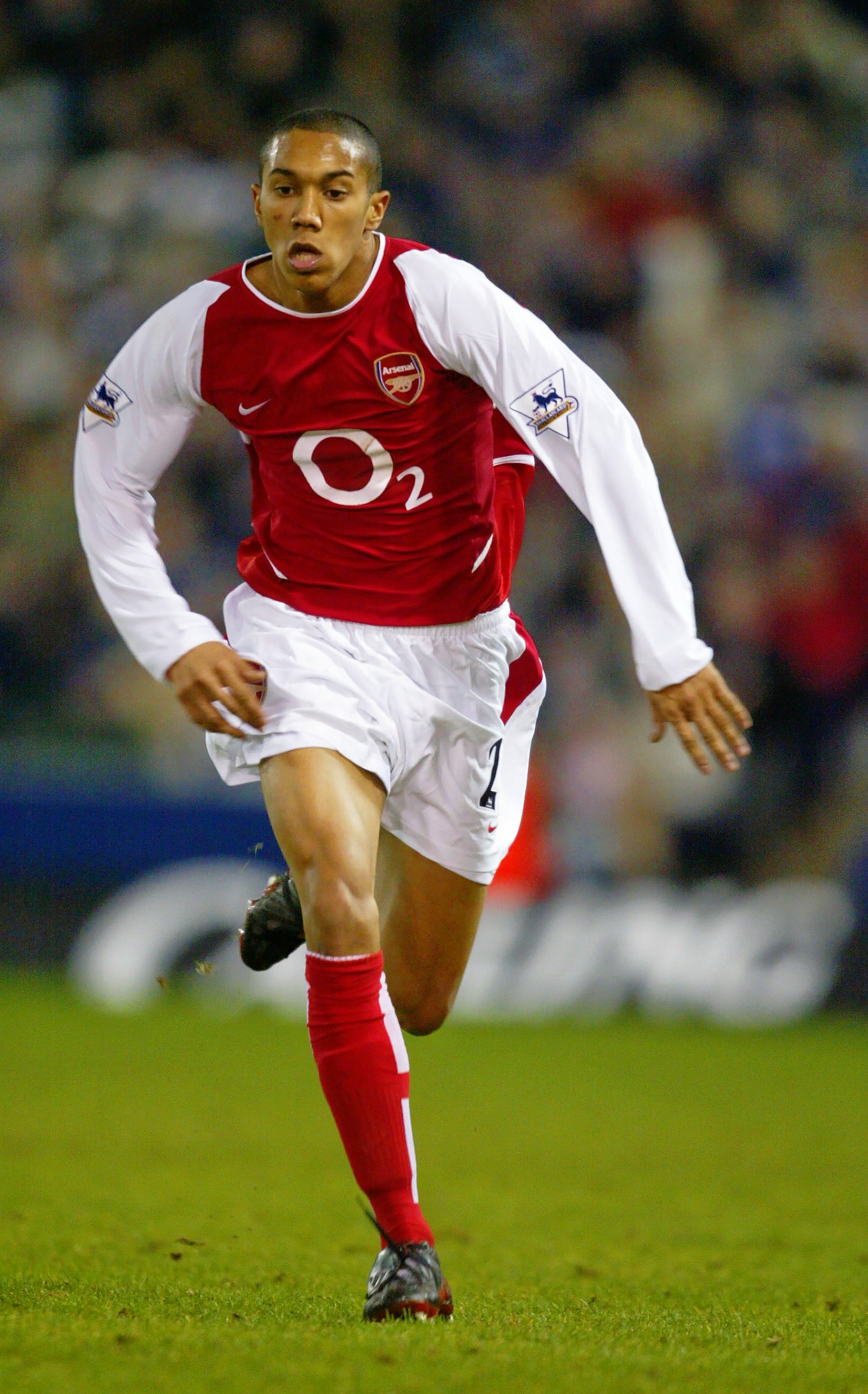
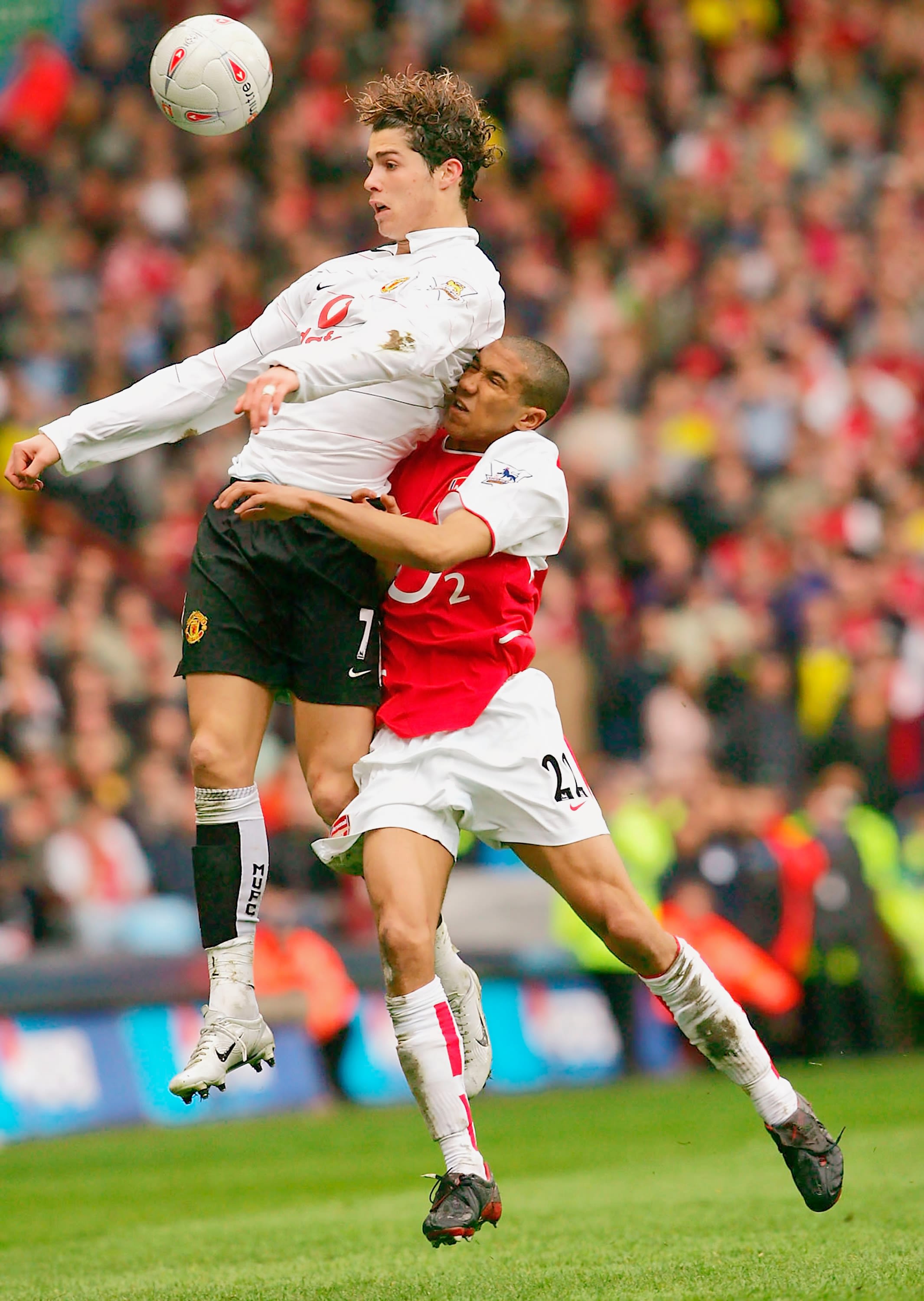
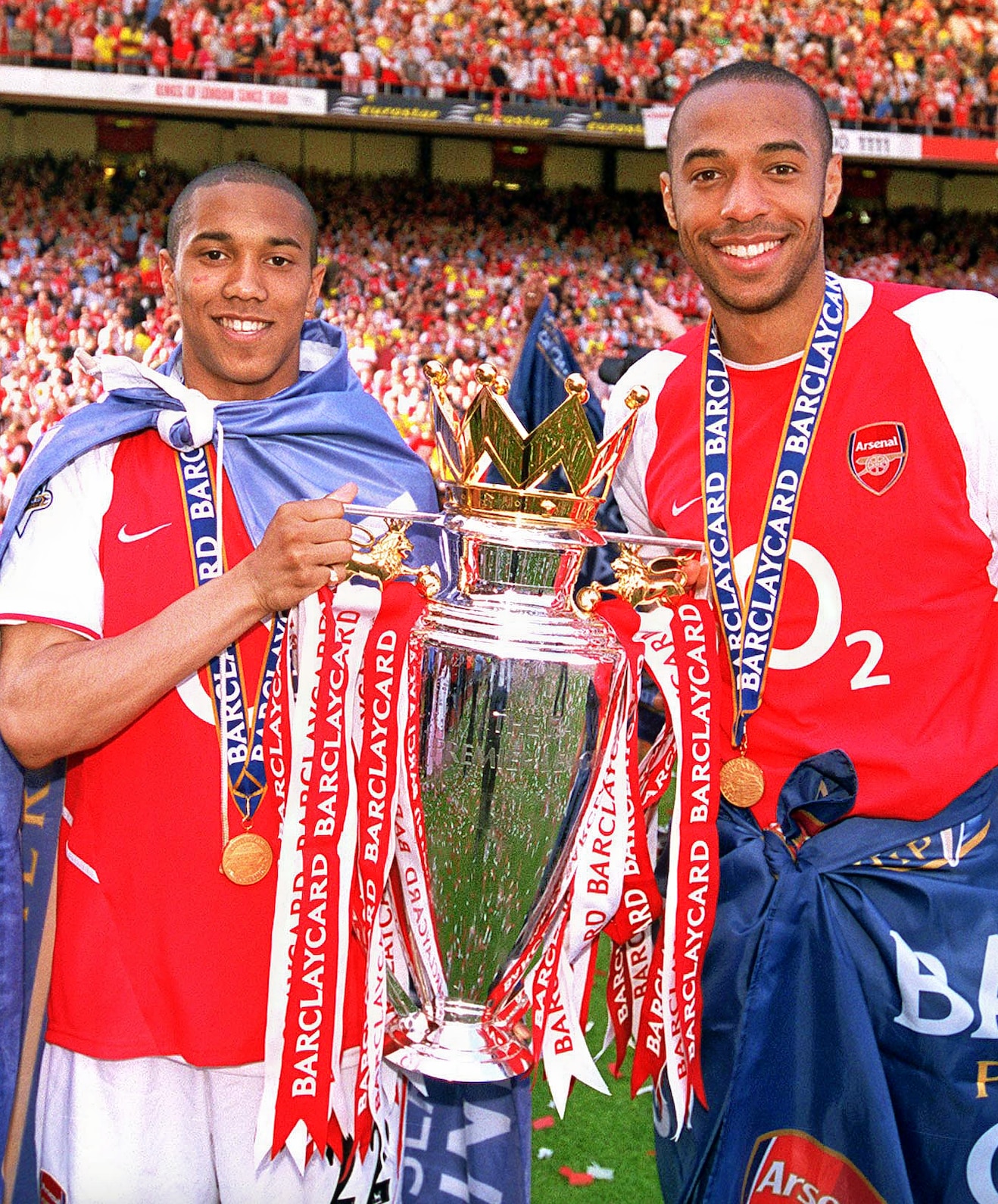
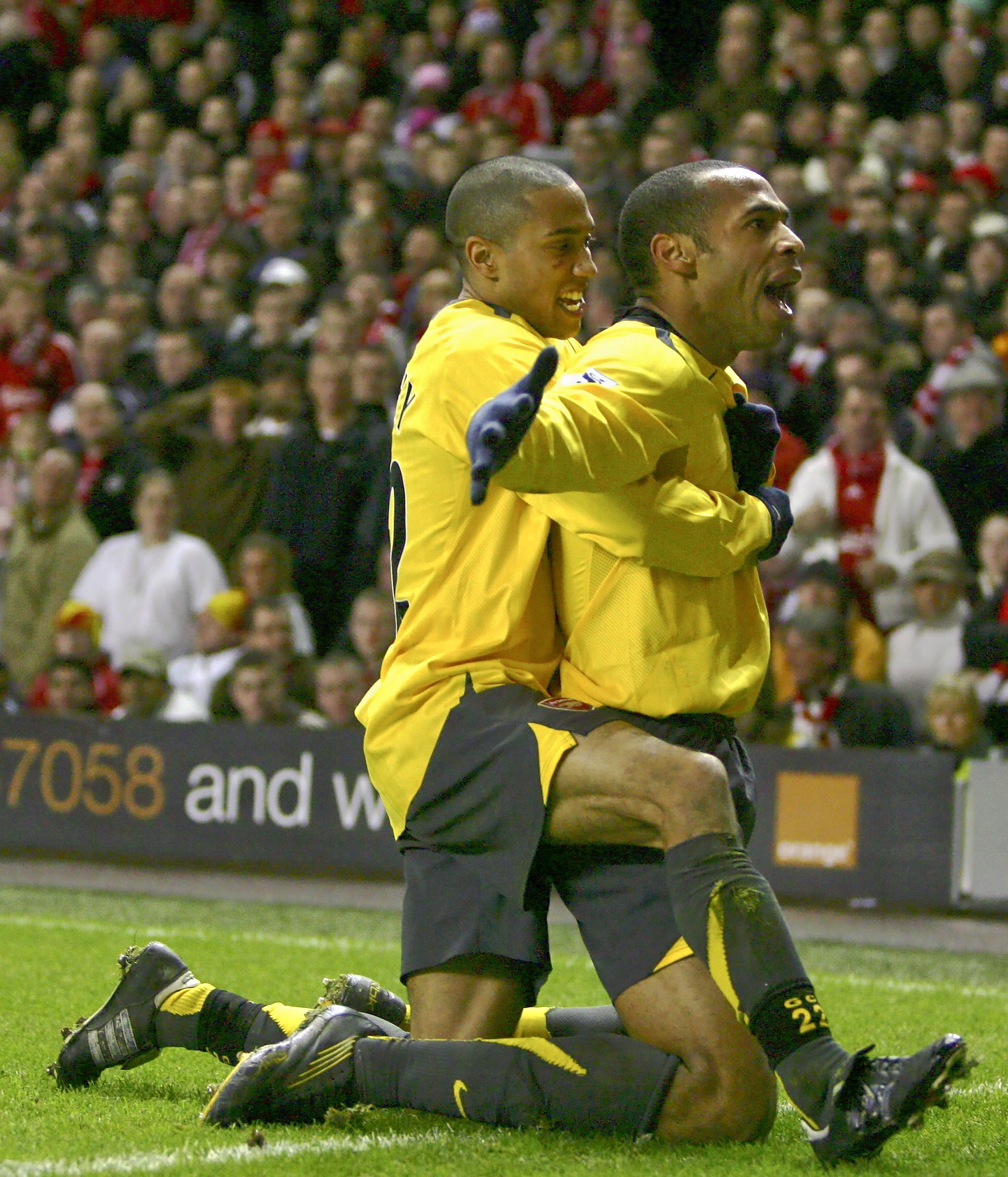
As a young Frenchman, what was it like to play with Thierry Henry at that time?
We work together now – for France under-21s – and the other day I was chatting to the players and I said: “You guys think you know Thierry, but you don’t really know him. I knew him from the moment he was the best player in the world.”
He gave me a hard time sometimes, but it was for me to improve. For example he took me after training and made me pass the ball with the laces of my right foot. At the start the ball was going everywhere, but he would just take the ball so casually – right foot, left foot. I was thinking “man why are you making me feel this way?” But either you feel ashamed and embarrassed and you give up, or you stick to it and improve. It was hard, he was really pushing me. I used to say: “I can’t give you that, but I will try.” I knew he was looking at me wondering whether I would work on it.
But to answer the question, you need to think that when I joined, this guy was not just a superstar, but the idol of my generation. He’s from the West Indies too, like me, so you can’t even imagine what it meant to me to be there. Then even more so to reach a certain level, because he is demanding it from me. When people don’t know him, it’s easy to class him as arrogant, but he’s not. I class him with Ronaldo or Messi. When I used to play at Highbury or the Emirates, I knew that the fans were not paying to come and watch Gael Clichy, they were coming to watch Thierry Henry.
The problem today with social media is that anyone with a few million followers think they belong in that category, but they are not. Back in the day you had to be somebody special to get that affection, and he’s that type of guy. Zidane, Ronaldo, Michael Jordan – Thierry is one of those. He was a talent of his generation and not everyone can be there.
So for him to ask me five months ago to be his assistant means a lot. He values competence and loyalty, so if you are still around him after such a long time, he appreciates your work ethic. That means a lot to me. You guys know Thierry as the man with the statue at the stadium, but he is much more than that.
"I remember the moment so clearly, at Highbury walking in front of the fans holding the trophy. Ten months earlier I was with Cannes in the third division"
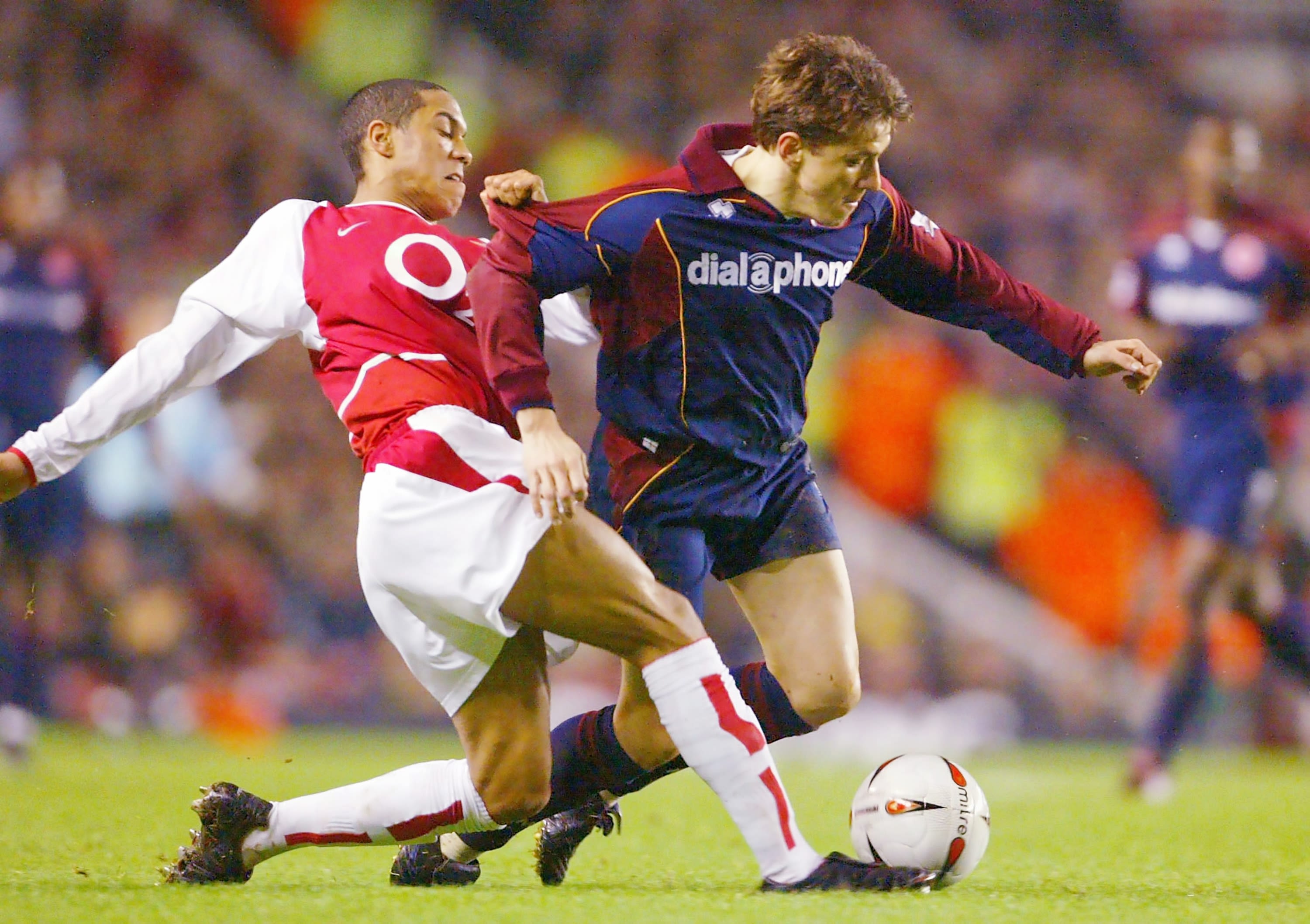
You became the youngest-ever player to win the Premier League at the end of that season, did you realise how big the achievement was?
I remember the moment so clearly, at Highbury walking in front of the fans holding the trophy. Ten months earlier I was with Cannes in the third division, and now here I am. I was aware that I was the youngest ever to win it, and although I’m not somebody who ‘feels’ himself like that, maybe then I was feeling it just a little bit! But then Thierry came over, he grabbed me by the neck, we were in front of the East Stand, and he said: “enjoy this moment, enjoy it the best that you can, and lock it in your brain. Because trust me some big players never won this, so never think this is something easy.”
At the time I was looking at him thinking: “this is my first season as a pro, we’re invincible, the youngest ever – what are you talking about?!” I thought that this would be me now. But the next thing I know: eight years without winning anything.
How Thierry was then is how I am now with my young players. I like to remind them that they have done nothing now, whatever you have done is in the past. Another example I took from Thierry: we were all going to go out and celebrate after winning the league, but not him. He stayed in. I asked him why not, what we have done is exceptional. He replied: “Yes, but I have the Euros in a month.’”
Without knowing it, all these teammates and moments influenced me and built me as a player. I say it to young players now, that my career has been a blessing not because of what I achieved, but because of what I learned from the guys I’ve been with. That is priceless, you can’t describe it. It’s a dream.
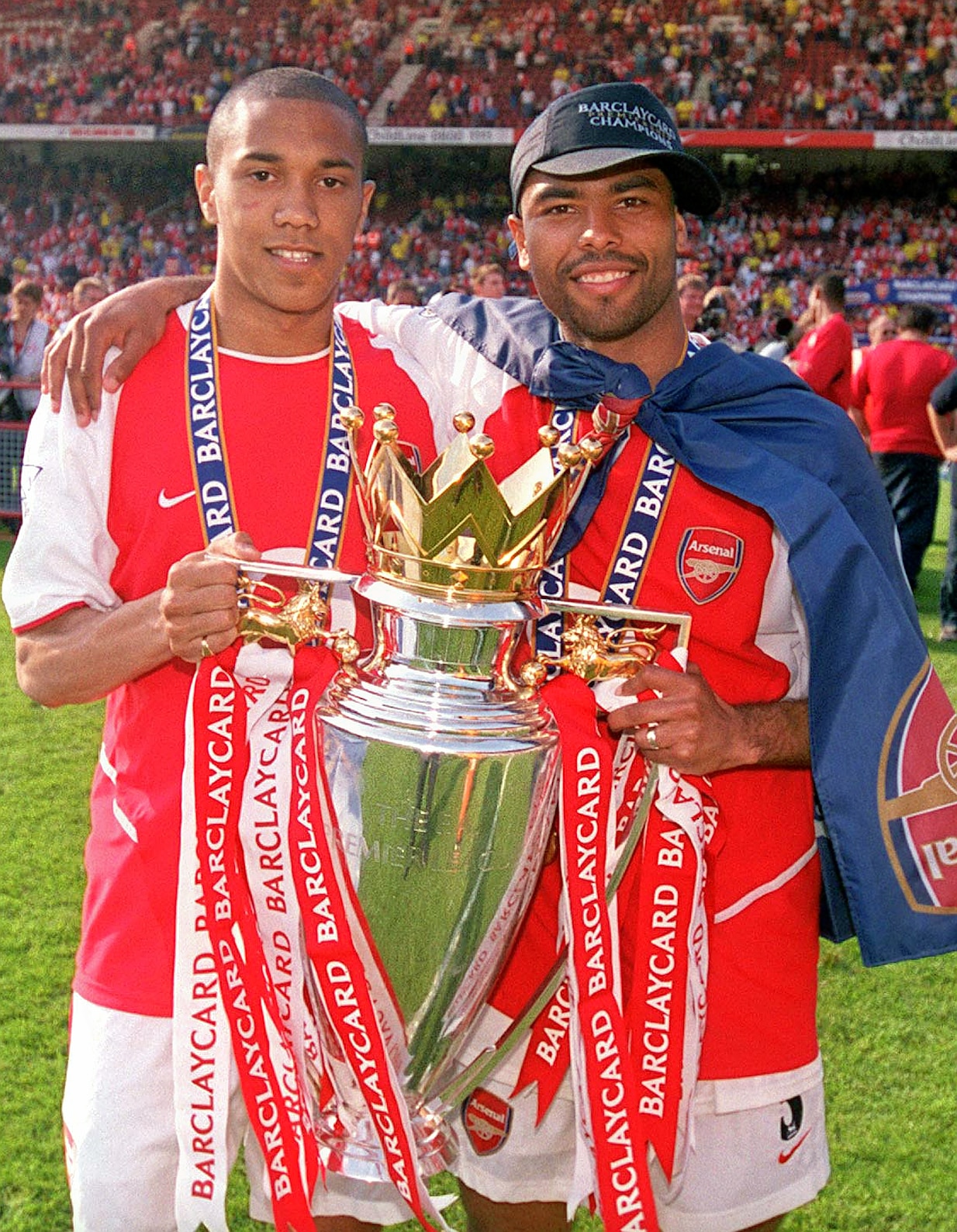
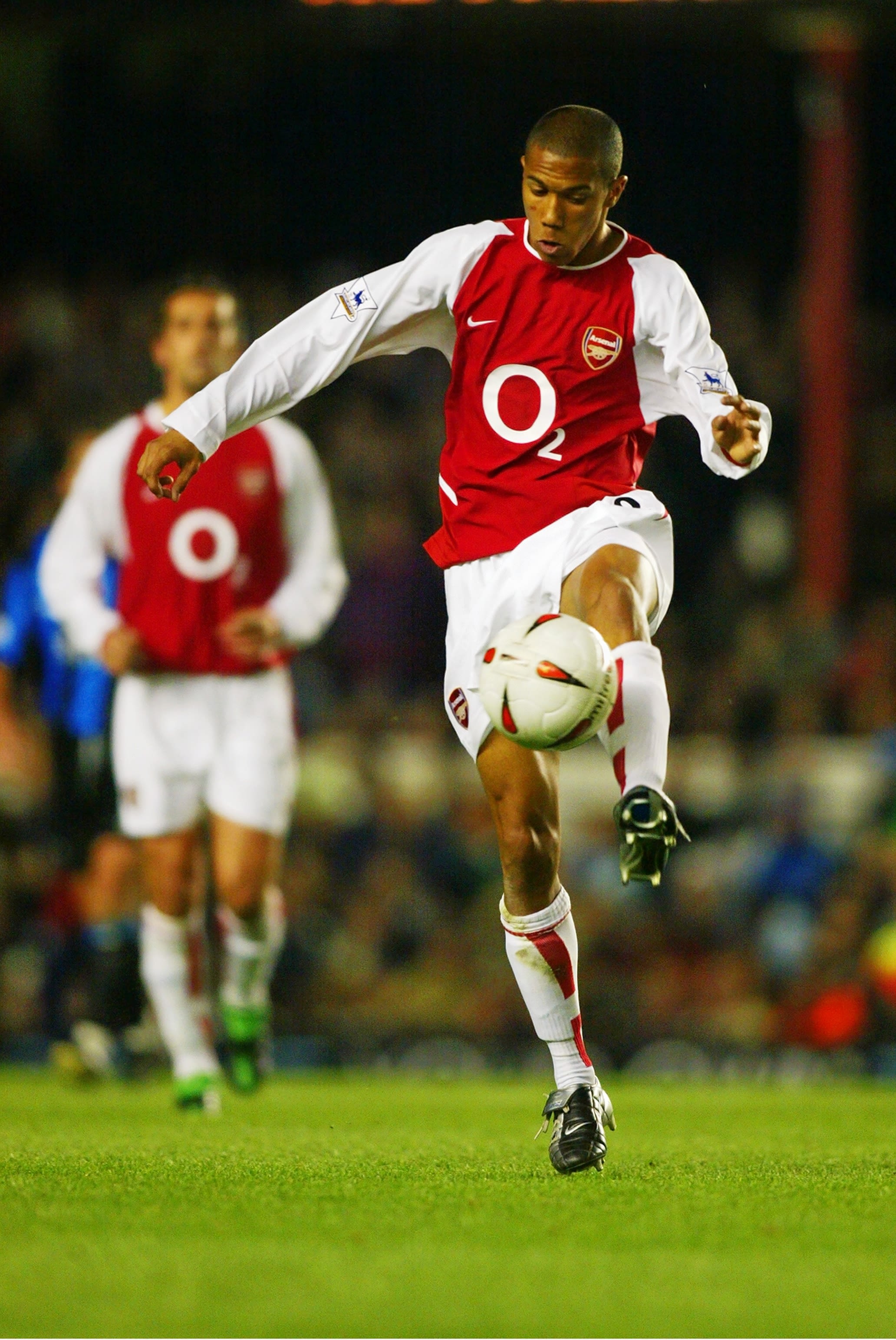
So do you use those personal experiences in your coaching career now?
Yes, I listened to a podcast earlier, and Harry Redknapp was talking about the new coaches who have all the qualifications but never really played football. They've never felt it themselves, so if you are at half-time in the Champions League final, how can you transmit your feelings to the players?
I think that’s exactly it, and now I’m becoming a coach I can share my experiences. It’s funny now to be on the other side, because every day there is not a moment when I don’t think back to an incident with Arsène or Pep or Laurent Blanc.
It’s like when your parents tell you stuff when you were younger and you grow up and wish you listened!

















